Be EPIC
Interested in Joining our Research Team?
Email us to hear about ongoing research projects and to inquire about joining our lab.
Learn more about Be EPIC-VR
The Modules
Be EPIC-VRTM is a four-module program, delivered remotely in small groups over two sessions via virtual meeting platforms. Modules 1 and 2 are delivered on day one and take six hours; Modules 3 and 4 are delivered on day 2, one week later, to support learning transfer, and take five hours. Modules 1 and 4 include pre- and post-training assessments, while Modules 2 and 3 focus on communication skills training in different care scenarios. Trained facilitators lead the sessions, including post-simulation debriefs that incorporate self-reflection and feedback from peers and trainers.
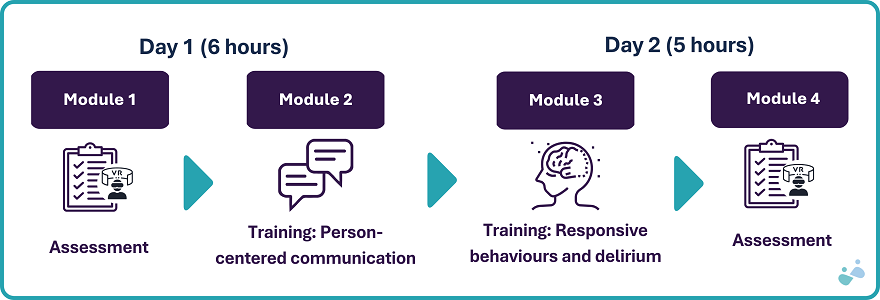
Learn more about the modules in Be EPIC-VRTM
Module 1
Module 1 is Be EPIC-VRTM 's pre-training assessment, starting with a one-hour orientation to VR. This includes an introduction to the VR technology and the Be EPIC-VRTM app, familiarizing learners with the tools before the training begins. Learners then complete an online survey assessing their work competence and communication skills when caring for individuals living with dementia, followed by a 10-minute VR assessment with an avatar depicting persons with moderate-stage Alzheimer's dementia.
Module 2
Module 2 is the first training module of Be EPIC-VRTM. It focuses on identifying person-centered communication, as well as supportive nonverbal and language-based strategies, and applying them in activities of daily living and meaningful activities. It also covers missed opportunities for person-centered communication and how to avoid stigmatizing language. The training includes two components: an asynchronous e-learning module with a quiz for content learning, followed by immediate skill practice in VR simulations with avatars depicting persons with moderate-stage Alzheimer's dementia. Two learners will engage in the VR practice, taking turns to experience the simulation and observe each other. Immediate debriefs and feedback from peers and the facilitator encourage self-reflection.
Module 3
Module 3 is the second training module of Be EPIC-VRTM. It focuses on responsive behaviours, the different types of delirium, and how to apply person-centered communication in these contexts. The training includes two components: an asynchronous e-learning module with a quiz for content learning, followed by immediate skill practice in VR simulations with avatars depicting persons with moderate-stage Alzheimer's dementia. Two learners will engage in the VR practice, taking turns to experience the simulation and observe each other. Immediate debriefs and feedback from peers and the facilitator encourage self-reflection.
Module 4
Module 4 is Be EPIC-VRTM's post-training assessment for performance measurement. Similar to Module 1, learners complete an online survey on work competence and communication skills in caring for individuals living with dementia, followed by a 10-minute VR assessment with the same avatar from Module 1. A final feedback session completes the training.
Standout Features
Be EPIC-VRTM transforms knowledge into practice using cutting-edge artifical intelligence and natural language processing to power real-time conversations with avatars from diverse backgrounds - creating an immersive, realistic, and safe training experience for small groups. Be EPIC-VRTM empowers learners through hands-on, active learning experiences.
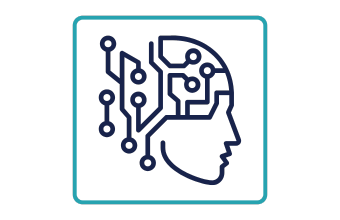
Conversational Artificial Intelligence
Engage in a natural conversation with one of our avatars, each representing a person living with dementia from diverse backgrounds. Practice your communication skills and receive real-time feedback through guided prompts and avatar responses designed to support your learning and growth.
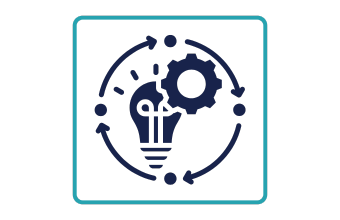
Innovative Learning Design
Enhance your communication skills through realistic and interactive care scenarios in 3D simulation. Our immersive environment offers a consistent, enjoyable, and secure way to learn, making your training experience both engaging and effective.
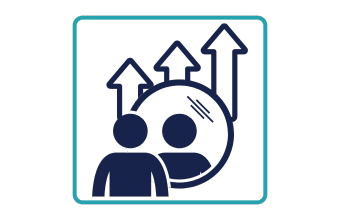
Self-Reflection and Growth
Gain valuable insights into your communication practice through expert feedback after each simulation practice. Our design features self-reflection and personal and professional growth to support ongoing learning and development.
Why Choose Be EPIC-VRTM
At the heart of better dementia care is better communication. Be EPIC-VRTM equips your team with the skills to connect meaningfully with persons living with dementia. Designed to fit organization's mission and workflows, our VR-based training strengthens staff confidence, deepens relationships, and builds a future of truly person-centered care.
Here is what managers of care staff shared after experiencing Be EPIC-VRTM :
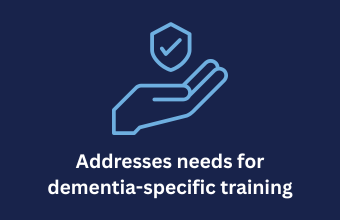
Formal training provides only limited support on how to address communication difficulties and behavioural symptoms common among persons living with dementia. In Be EPIC-VRTM, caregivers learn verbal and nonverbal communication strategies and how to use them during care interactions and when addressing responsive behaviours and delirium.
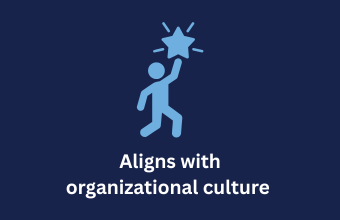
Care without person-centered communication can cause distress, lead to care refusal, and contribute to elder abuse. Be EPIC-VRTM applies an intersectional cultural humility lens, recognizing how identities shape individual experiences. This emotion-based approach promotes openness, self-awareness, and ongoing self-reflection.
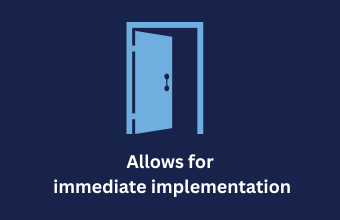
Organizations are seeking innovative training to build workforce skills, reduce turnover, and attract new hires—especially in underserved and rural areas. Be EPIC-VRTM's remote delivery and small-group format offer flexible scheduling without disrupting care, making it a ready-to-use training program.

